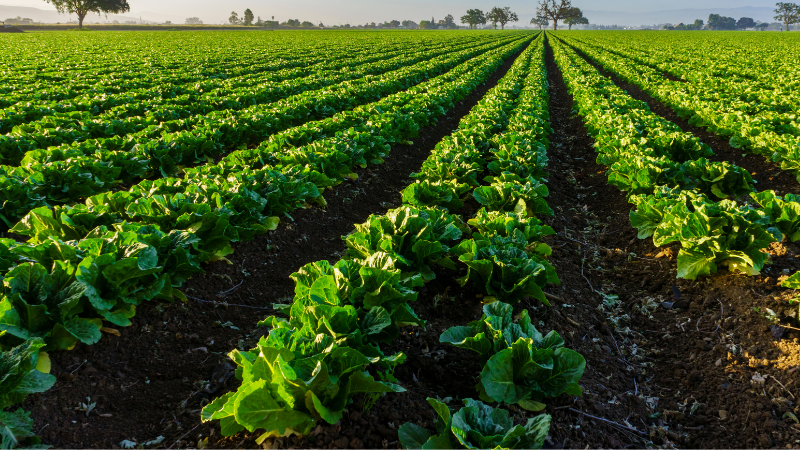By Albert Makendenge
As a new farmer one of the first things you will need to know is what to grow and when the best times to grow certain crops are. What you need to know is that to everything there is a season and a time to every purpose under heaven. Any and every calendar year is marked by and separated by different times and periods that, with particular reference to farmers, come with different weather patterns. A time for the rain, a time for the sun. A time to plant, a time to reap. At vaMudhumeni were are here for you 365 days of the year. We share farming tips for farmers at all levels, and we are here to guide you from land preparation all the way through to harvest times. Our blog www.vaMudhumeni.org is full of tips and ideas to helps you get started. In The table below we give you a breakdown of a 12 month period in Zimbabwe from January to December.
The two main seasons in the country are the rainy/green season from November to May and the dry season June to October.
| Season | Month | Features |
| Summer | November, December, January and February | This is when the country gets rain and temperatures range from 160C to 260C. Fresh sprouts of grass and new leaves confirm that the cloying heat of October is finally over. |
| Autumn | March, April and May | The rains drop off, nights and mornings get cooler with temperature ranging from 12 to 250C. |
| Winter | June and July | The dry and cool months of the year with temperatures to as low as 70C and up to 210C. The grass turns from green to a straw color. |
| Spring | August and September | The months just before the usually scorching hot month of October. Dry and warm with average daytime temperatures of 290C and night-time temperatures of 100C. Water is very low and the vegetation is very sparse. |
Climate change, however, appears to have caused some shifts in the seasons. Temperature and rainfall patterns have extremely become widely and unexpectedly unpredictable and therefore, farmers have got to take enough care to adjust their calendar and cropping/farming programmes to suit these changing patterns.

